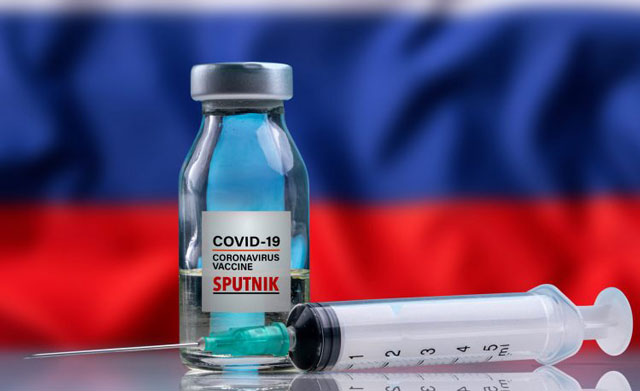
Kampala, Uganda | THE INDEPENDENT | Russia has announced that it’s vaccine Sputnik V is safe and effective for controlling COVID-19. Russia registered the vaccine for public use in August and became the first country to do so through a controversial approval that came in before the start of the large-scale trial in September.
Basing on data that is not yet peer-reviewed, the Gamaleya National Centre of Epidemiology and Microbiology in Moscow and the Russian Direct Investment Fund (RDIF) that are behind the vaccine say that their drug was 92 per cent effective at preventing COVID-19 in clinical trials.
The phase Three trial that they have based on to make efficacy conclusions is taking place in 29 study sites across Moscow and will involve a total of 40,000 volunteers with a quarter receiving a placebo shot.
However, scientists have cautioned that the sparse data about the vaccine that was early in August given a green light for emergency use and now the low number of cases reported means that there is uncertainty about the vaccine’s true efficacy. The analysis was based on 20 cases of COVID among more than 16,000 trial participants who received either the vaccine or a placebo.
This announcement comes after another on Monday by pharmaceutical companies Pfizer and BioNTech that their vaccine showed 90 per cent efficacy, a conclusion based on 94 cases of COVID-19 among more than 38,000 participants.
While the Pfizer vaccine is designed to trigger an immune response without using pathogens, such as actual virus particles using a technology technically referred to as RNA, the Russian candidate is designed to trigger a response from two shots administered 21 days apart, each based on different viral vectors that normally cause the common cold.
RDIF said the Russian trial would continue for six more months and data from the study will also be published in a leading international medical journal following a peer review.
********
URN
 The Independent Uganda: You get the Truth we Pay the Price
The Independent Uganda: You get the Truth we Pay the Price


